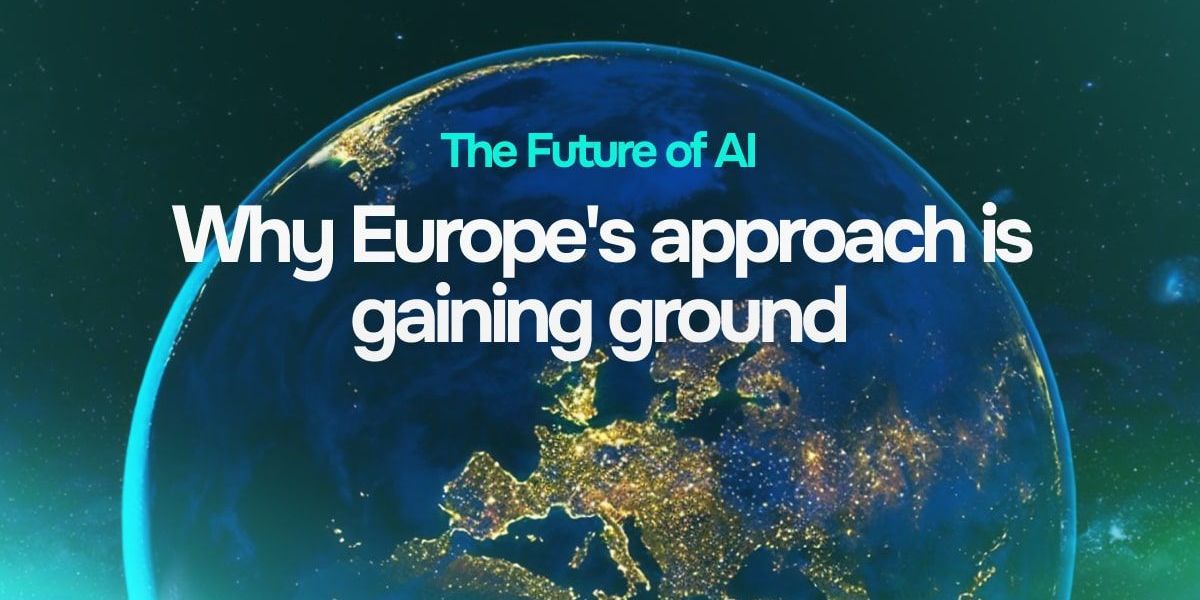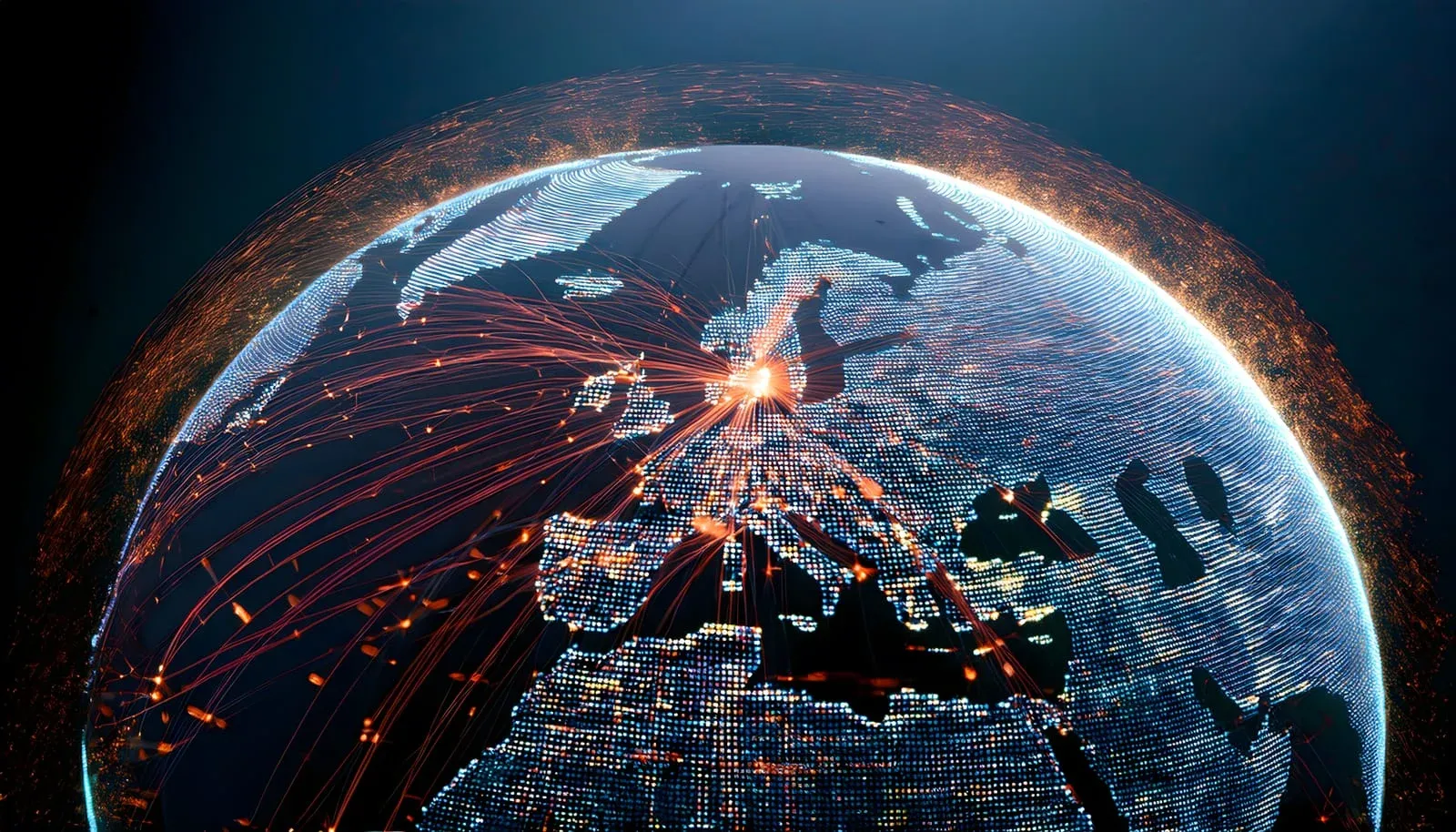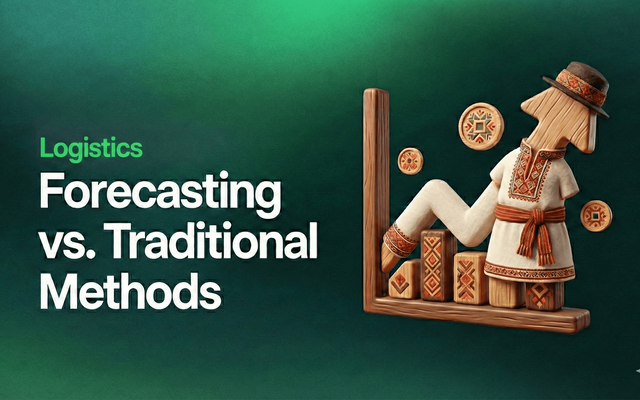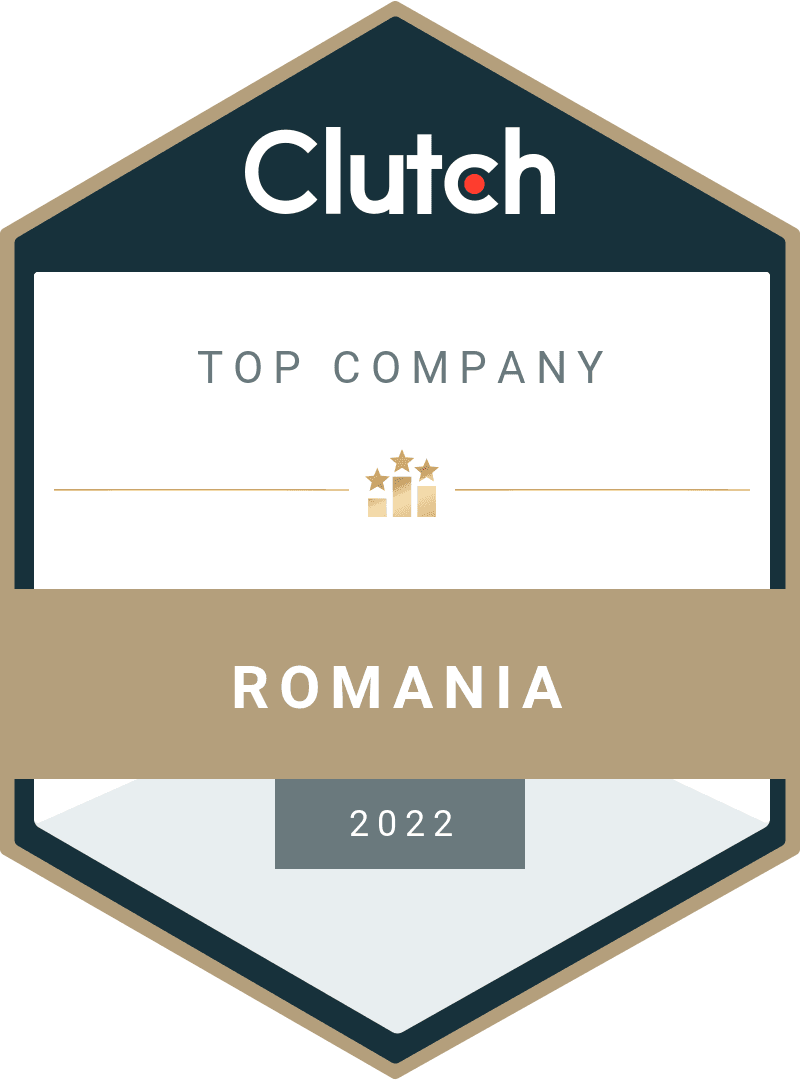
You know how Silicon Valley has always been the tech capital of the world? And how China's been making huge waves with AI investments and all those surveillance apps? Well, something interesting is happening across the Atlantic that most people aren't talking about.
European researchers are quietly building AI systems that work differently. Instead of racing to be the biggest or fastest, they're focused on making AI that actually serves people, with real rules to keep it safe, funded by organizations that care more about getting it right than getting it first.
Sure, this sounds slow compared to the crazy pace we see elsewhere. But here's the thing: as more people worry about AI safety, privacy, and whether these systems are actually good for society, Europe's careful, people-first approach is starting to look pretty smart.
How the Global AI Future Is Currently Taking Shape
Right now, the AI world is pretty much run by a few big players, and they all have different ideas about how to do things.
Global AI Competition and Major Players
The US is winning right now, mostly because of companies like Google, Microsoft, and OpenAI. These guys have tons of money from investors and this whole "move fast and break things" mentality. They've built some pretty amazing stuff—the language models, image recognition, all that cutting-edge AI we hear about.
China's not far behind, though. They've got massive government backing, access to huge amounts of data, and they're doing some wild things with facial recognition and smart cities. Companies like Baidu and Alibaba are building AI systems that would blow your mind, especially for everyday consumer stuff.
But here's where it gets interesting. The AI future isn't just about who can build the coolest tech anymore. People are starting to ask hard questions about privacy, fairness, and whether these systems are actually safe. And that's where things get complicated.
The big challenges everyone's dealing with include:
Trust issues - People want to know how AI makes decisions that affect their lives, not just accept "the computer said so"
Privacy worries - Everyone's getting tired of their personal data being used in ways they don't understand
Bias problems - AI systems keep making unfair decisions that hurt certain groups of people
Safety concerns - As AI gets more powerful, the potential for things to go wrong gets scarier
Rule confusion - Nobody really knows what the rules are, so companies and researchers are flying blind
Europe's Emerging Position in the AI Race
So, where does Europe fit into all this? They're taking a completely different approach. Instead of trying to be the biggest or fastest, they're asking, "How do we make this actually work for people?"
European researchers have been doing solid work on the fundamental science behind AI for years. But what's really interesting is how they're thinking about the bigger picture—like how do we make sure AI systems are fair, transparent, and actually help society instead of just making tech companies rich.

Why Europe's AI Development Has Strategic Advantages
Europe's got some unique things going for it that other regions don't, and these advantages are starting to really matter in the AI world.
Strong Research and Innovation Ecosystem
First off, Europe has some seriously impressive universities and research centers. We're talking about places like the Max Planck Institute in Germany, INRIA in France, and Cambridge University in the UK. These aren't just fancy names—they're doing the kind of fundamental research that shapes how AI works at a basic level.
What's cool about the European research scene is how well everyone works together. Universities team up with government research labs and private companies in ways that actually make sense. It's not just about publishing papers—it's about turning good ideas into things that help people.
Plus, Europe puts real money behind this stuff. The Horizon Europe program, for instance, funds research projects that might not make quick profits but could be game-changers down the road.
Here's what European researchers are really good at:
The math and theory behind AI - The fundamental stuff that makes everything else possible
Robotics and automation - Decades of manufacturing expertise really show here
Language processing - Having so many languages on one continent gives them a real edge
Computer vision - Especially for healthcare and manufacturing applications
Making AI explainable - Actually understanding what these systems are doing and why
Governmental Support and Regulatory Leadership
Here's where Europe really stands out. While other places are still figuring out what the rules should be, Europe is actually making them. The European AI Strategy isn't just a wish list—it's a real plan for developing AI while keeping people's rights protected.
European governments get something that others are still learning: AI in the future is going to need smart rules that protect people without killing innovation. And they're not waiting for problems to happen before they act.
What's really interesting is that European rules often become everyone's rules. It's called the "Brussels Effect"—basically, if you want to do business globally, it's easier to meet Europe's high standards everywhere rather than having different systems for different places.
European regulatory advantages include:
Clear AI rules - The EU AI Act actually tells companies what they can and can't do with high-risk AI
Strong privacy protection - GDPR sets the global standard for protecting personal data
Ethics-first approach - Guidelines that put human rights and democratic values front and center
Coordinated policies - 27 countries working together instead of 27 different approaches
Long-term thinking - Policies designed to work for decades, not just the next election cycle
Focus on Ethical AI and Human Rights
This is probably Europe's biggest advantage. While other regions are still catching up on privacy and ethics, Europe has been thinking about this stuff for years. GDPR wasn't just about websites asking for cookie consent—it was about fundamentally changing how companies think about personal data.
European AI researchers don't just ask "Can we build this?" They ask, "Should we build this?" and "What happens to people if we do?" That might sound obvious, but it's actually pretty rare in the tech world.
The focus on explainable AI is huge, too. Europeans want to know why an AI system made a particular decision, especially if it affects someone's life. That's becoming more important as AI gets used for things like hiring, healthcare, and criminal justice.

Key AI Developments and Initiatives Shaping AI in Europe
Europe's AI scene is spread across tons of different countries and cities, each doing their own thing but somehow making it work together. It's pretty impressive when you see it all laid out.
European AI Research and Innovation Hubs
Let's talk about where the action is happening. Berlin has become an amazing hub for AI startups, especially ones working on self-driving cars and factory automation. The city's got this great mix of engineering talent and government support that makes it easy for new companies to get started.
Paris is doing some really cool stuff, too. They've got Station F, which is basically this massive startup campus, and the French government has been throwing money at AI research through their "AI for Humanity" program. It's working—lots of international talent is moving there.
London's still a major player even after Brexit. DeepMind might be owned by Google now, but it's still based there, and the UK is doing some groundbreaking work in AI for healthcare and finance.
But it's not just the big cities. Amsterdam is killing it with logistics AI (makes sense with all those ports), Stockholm's doing great things with gaming and telecom AI, and Zurich is combining AI with their traditional strengths in banking and precision manufacturing.
Collaborative Initiatives and Cross-Border Innovation
Here's what's really cool about Europe: they actually share stuff. I know, crazy concept in the tech world, right? But seriously, European researchers work together across borders in ways that just don't happen elsewhere.
Programs like Digital Europe and the European High-Performance Computing initiative let researchers share resources and expertise across countries. It's like having access to the best minds and biggest computers across an entire continent.
The cross-border collaboration includes:
Joint research projects - Universities from different countries working together on the same problems
Shared computing power - Massive supercomputers that researchers across Europe can use
Talent exchange programs - Making it easy for smart people to work wherever their skills are needed most
Common standards - Everyone agreeing on how things should work instead of reinventing the wheel
Connected innovation networks - Startups, big companies, and research labs all talking to each other
Industry Applications and Real-World Impact
The best part about European AI isn't just the research—it's how they're actually using this stuff to solve real problems. In healthcare, European AI systems are helping doctors make better diagnoses while making sure patient privacy stays protected. That's a pretty big deal.
The car industry is where Europe really shines. Companies like BMW, Volkswagen, and Volvo are building AI systems for autonomous driving that prioritize safety over everything else. They're not trying to be first to market—they're trying to be first to get it right.
European banks are using AI to better serve customers and manage risk, but they're doing it under some of the strictest privacy rules in the world. Somehow, they're making it work, which shows it's possible to innovate without throwing privacy out the window.
And in manufacturing, European companies are using AI to make factories more efficient while keeping workers safe and reducing environmental impact. It's not just about maximizing profit—it's about making the whole system better.
European AI Leaders: Companies Shaping Tomorrow's Technology
AI in Europe is thriving thanks to innovative companies that combine cutting-edge technology with European values of transparency and responsibility. Here are some leading companies that highlight the continent's unique strengths:
Mistral AI (France)
Founded by AI experts from Meta and DeepMind, Mistral develops powerful open-source large language models designed to compete with global leaders. Their rapid progress and commitment to transparency are putting Europe on the AI map.
What makes Mistral special is their focus on creating models that companies can actually understand and trust—something that's becoming incredibly important as businesses realize they need to know how their AI systems work.
Aleph Alpha (Germany)
Based in Heidelberg, Aleph Alpha specializes in multilingual AI models that reflect Europe's diversity. The company focuses on transparency and explainability, making their technology a perfect fit for sectors that demand trust and accountability. They're basically proving that you can build world-class AI without sacrificing the ability to explain how it works.
Synthesia (UK)
Synthesia is transforming video production with its AI-powered platform that creates realistic videos from text—no cameras or actors required. Their technology is already being used by companies worldwide to make content creation faster and more accessible.
It's a great example of how European AI companies are solving real problems for real people, not just building impressive demos.
Europe's Path to Leading the Future of AI
Look, the future of AI probably won't be about who has the biggest computers or the most data. It's going to be about who builds systems that people actually trust and want to use. And that's where Europe's approach starts to look really smart.
Sure, European AI companies face some real challenges—Silicon Valley pays way more, and Europe needs better computing infrastructure. But Europe's focus on doing AI the right way is starting to pay off. They're showing you don't have to choose between being innovative and being responsible.
As everyone starts asking harder questions about AI safety and fairness, Europe's careful approach to these issues makes it a really important voice in figuring out where AI goes next. Their regulations and ethical guidelines are already shaping conversations about AI all over the world.







